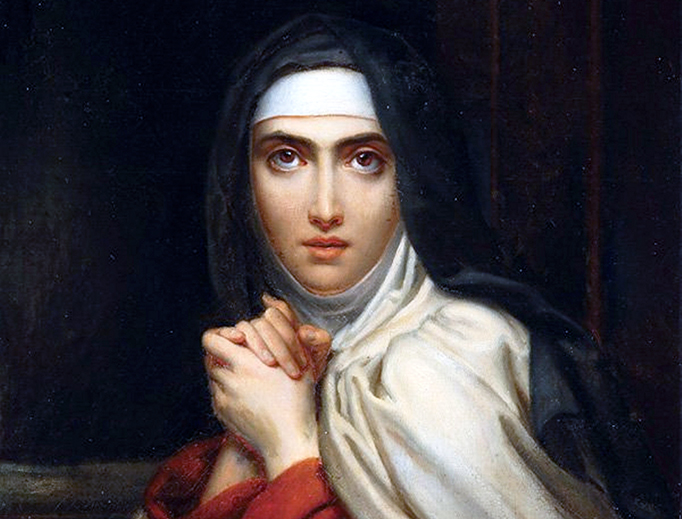No Turning Back Once You Start
Some people treat holiness like a diet.
They start strong.
They cut out a few bad habits.
They feel inspired.
Then temptation hits.
Old comforts start calling.
And before they know it, they’re back where they started.
Saints don’t live like that.
Because saints burn the bridges behind them—so there’s no way back.

1. The Day Elisha Burned His Old Life
When Elijah called Elisha to follow him, what did Elisha do?
He didn’t say, “Let me try this prophet thing out for a while and see if it works.”
He didn’t say, “I’ll keep my old life just in case.”
No. He slaughtered his oxen and burned his plow (1 Kings 19:21).
His oxen were his livelihood. His plow was his career.
He set it all on fire.
Why?
Because he was never going back.
He removed the option of retreat. He made sure there was nothing left to return to.
And that’s the difference between saints and ordinary people: saints don’t keep a backup plan.
2. The Saints Who Cut the Rope
- St. Francis of Assisi stripped himself naked in the public square, renouncing his inheritance so completely that he had nothing left but God.
- St. Anthony the Great gave away his family’s fortune and walked into the desert, cutting himself off from the distractions of the world.
- St. Thomas Aquinas’s family locked him in a tower and sent a prostitute to tempt him. He chased her away with a burning log—forever sealing his commitment to purity.
- St. Kateri Tekakwitha, a Native American convert, was disowned and forced to flee her village to protect her faith.
Each one had a moment when they could have turned back—but they didn’t.
Because they had already cut the rope.
3. Why You Keep Falling Back
Maybe you’ve tried to follow Christ before.
You made a decision. You felt the fire. You tried to change.
But after a few days, weeks, or months, the old temptations came back, and you gave in.
Why?
Because you left a bridge standing.
- You didn’t delete that number.
- You didn’t get rid of that app.
- You didn’t walk away from that toxic friend group.
- You didn’t destroy access to that sin.
And because of that, when the fire faded, it was too easy to go back.
Saints don’t play that game.
They burn the bridge so completely that there is no way back.
4. The Rich Young Man Who Kept His Bridge
In the Gospel, a rich young man came to Jesus and asked how to inherit eternal life.
Jesus told him: Sell everything. Follow Me.
And what did he do?
He walked away sad.
Because deep down, he wanted to keep his bridge standing—just in case.
He wanted God and his comfort.
He wanted holiness and security.
He wanted to follow Christ but not at full cost.
And that’s why he never became a saint.
5. The Point of No Return
Every saint has a moment when they reach the point of no return—when they cut off any possibility of going back.
This moment will come for you.
And when it does, you will have two choices:
- Keep a lifeline to your past, holding onto your old ways, just in case.
- Burn the bridge and make it impossible to return.
If you choose the first, you will fail.
If you choose the second, you will be free.
It’s that simple.
Meditative Challenge
Tonight, sit in silence before God and ask:
- What bridges have I left standing?
- What do I still run back to when I’m weak?
- What is keeping me from full commitment?
Then take radical action.
If it’s a toxic relationship, cut it off.
If it’s a hidden sin, expose it.
If it’s a source of temptation, eliminate it permanently.
Don’t just “try” to change. Burn the bridge so there’s no way back.
Prayer of No Return
Lord, I stand before You with no way back.
I burn every bridge to my old self.
I surrender every comfort, every attachment, and every excuse.
I choose You—not halfheartedly, but fully, finally, and forever.
Let me never look back. Let me never return.
Let my past be ashes, and my future be only You.
In Jesus’ name. Amen.
🔥 No turning back. Walk the path. Become the saint. 🔥











